1. Snake Oil Salesperson
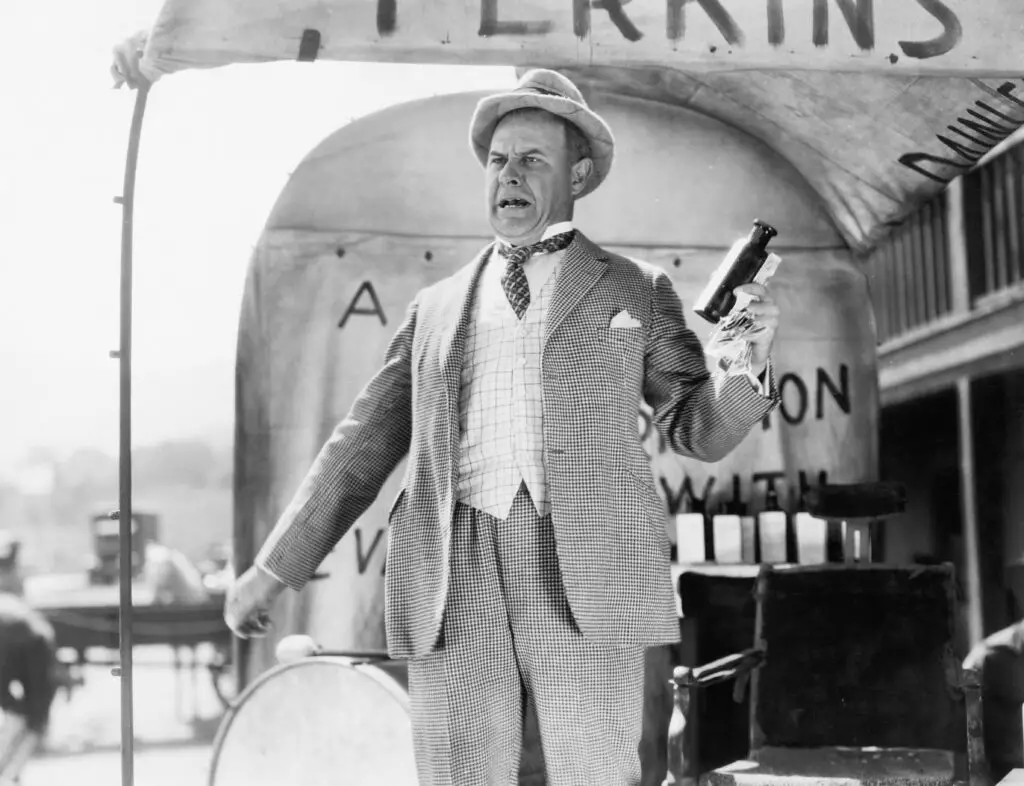
These folks were the original hustlers, traveling from town to town peddling “miracle cures” that promised to heal everything from arthritis to heartbreak. Most of the time, their concoctions were little more than alcohol, opium, or some dubious blend of herbs. Despite the questionable ethics, snake oil salespeople were charismatic and knew how to draw a crowd. They’d perform elaborate demonstrations, sometimes hiring actors to pretend to be cured right before everyone’s eyes. It was all about showmanship and leaving town before customers caught on. Surprisingly, their antics gave rise to modern advertising strategies.
2. Professional Mourner
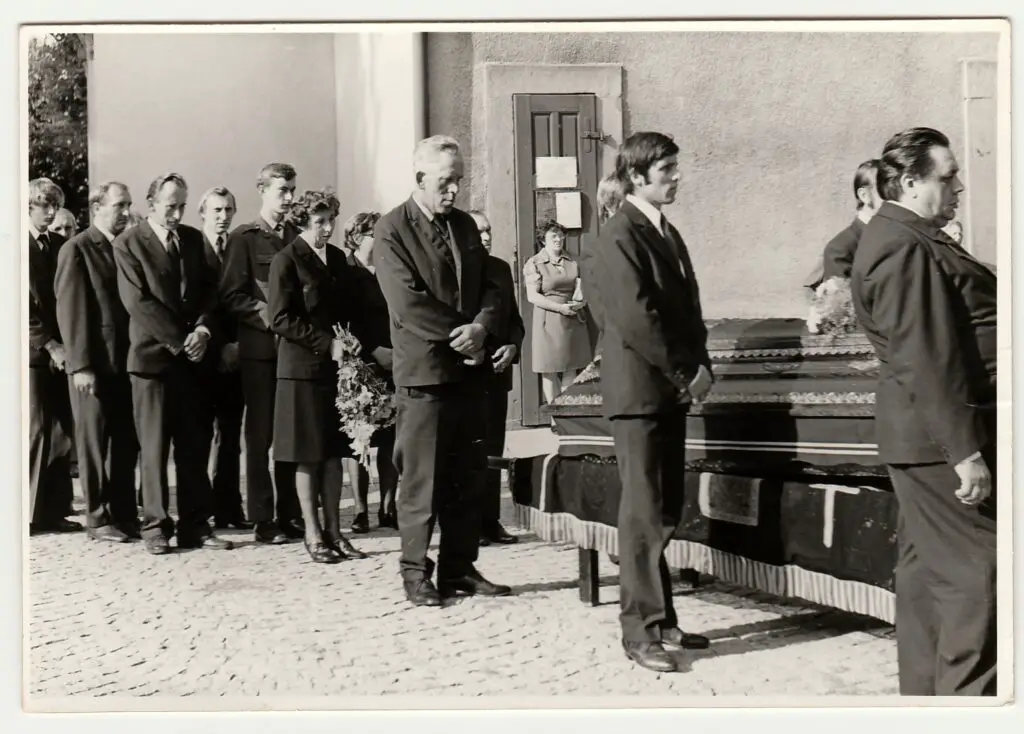
Believe it or not, some people made a living by showing up at funerals and pretending to grieve. In the Wild West, appearances were everything, and a well-attended funeral was a mark of respectability. Families would hire mourners to cry, wail, and even give heartfelt speeches about the dearly departed—whether they’d met them or not. These professionals could make decent money, and their performances often helped bolster the image of a person’s legacy. It was one of those jobs that was part showbiz, part therapeutic for the real mourners present.
3. Saloon Pianist
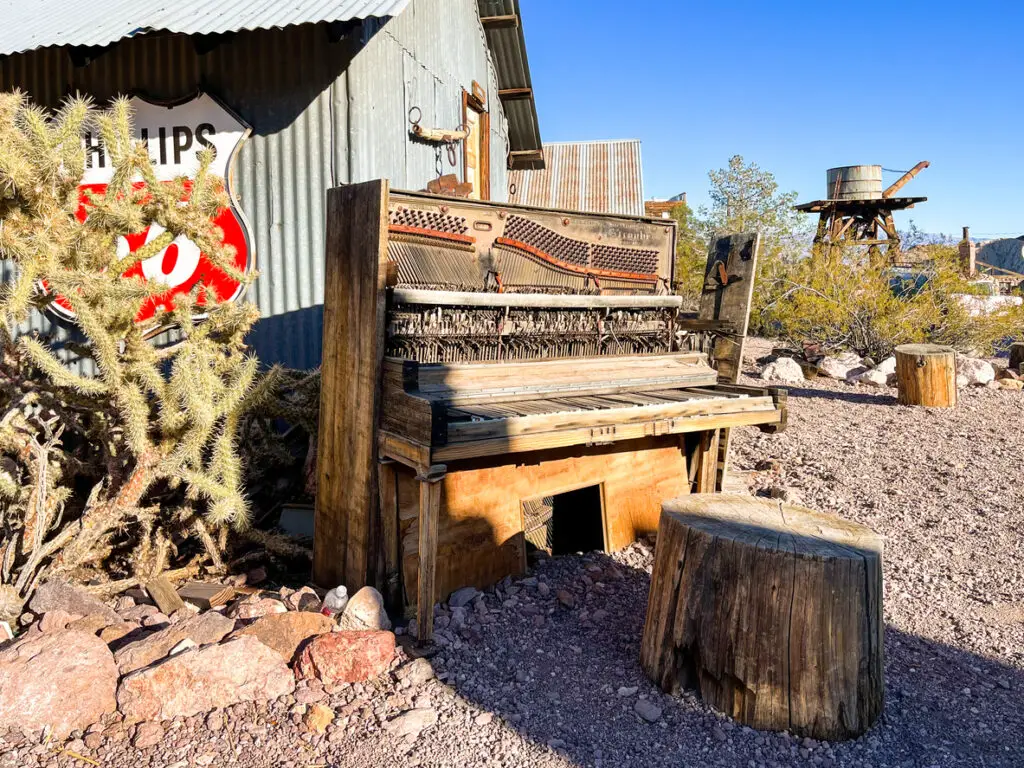
The saloon pianist was more than just a musician; they were the lifeblood of the bar. These players had to read the room, shifting from jaunty tunes to somber melodies depending on the crowd’s mood. They didn’t just play; they dodged flying bottles, tuned out rowdy brawls, and sometimes acted as peacekeepers when tensions got too high. Many were self-taught and earned tips based on how well they could keep the party going—or calm it down. For some, this gig was a stepping stone to fame, while for others, it was a way to drown out their own Wild West woes.
4. Town Crier

Before newspapers were widely available, town criers were the main source of information in Wild West towns. These individuals would stroll the streets, ringing bells and shouting out the latest news, events, or even advertisements. They had to be loud, engaging, and capable of remembering lengthy announcements. Imagine standing in the hot sun, hollering about cattle prices and upcoming barn dances, while trying to hold a crowd’s attention. It was a tough gig, but for those who did it well, it brought a certain level of fame—everyone knew the town crier.
5. Buffalo Chip Gatherer
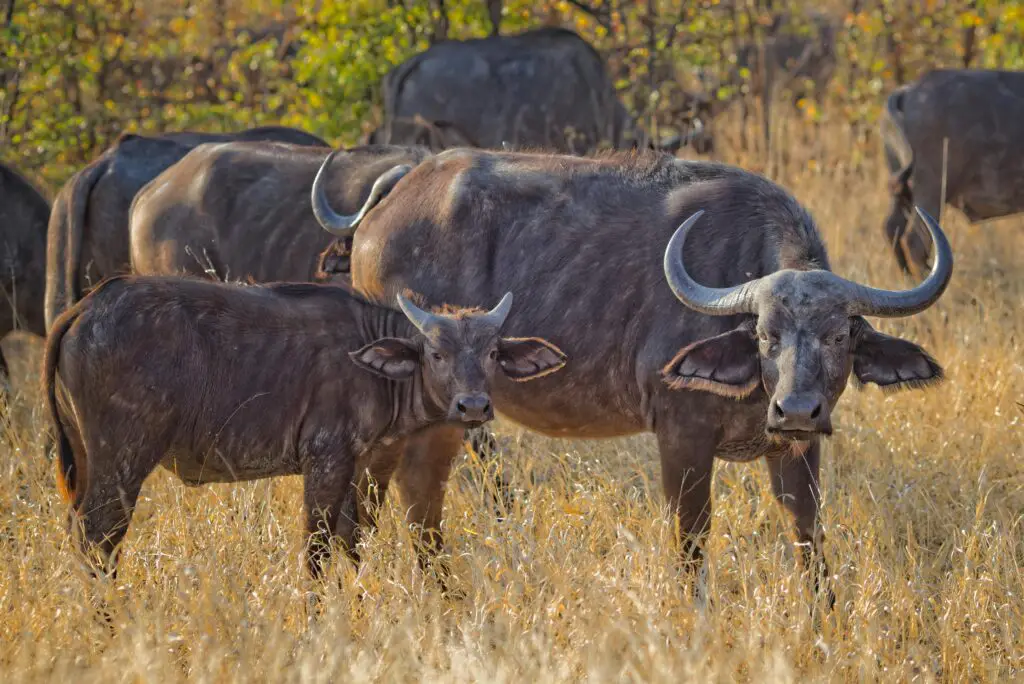
Cowboys weren’t the only ones riding the range; some folks collected buffalo droppings, also known as “chips,” for fuel. In treeless plains, buffalo chips were a critical resource for cooking fires and staying warm. This job was as unglamorous as it sounds, but it paid surprisingly well for those who could stomach it—literally and figuratively. Buffalo chip gatherers were essential for survival in the West’s harsh environments. Their work helped keep homes running, making them unsung heroes of the frontier.
6. Undertaker
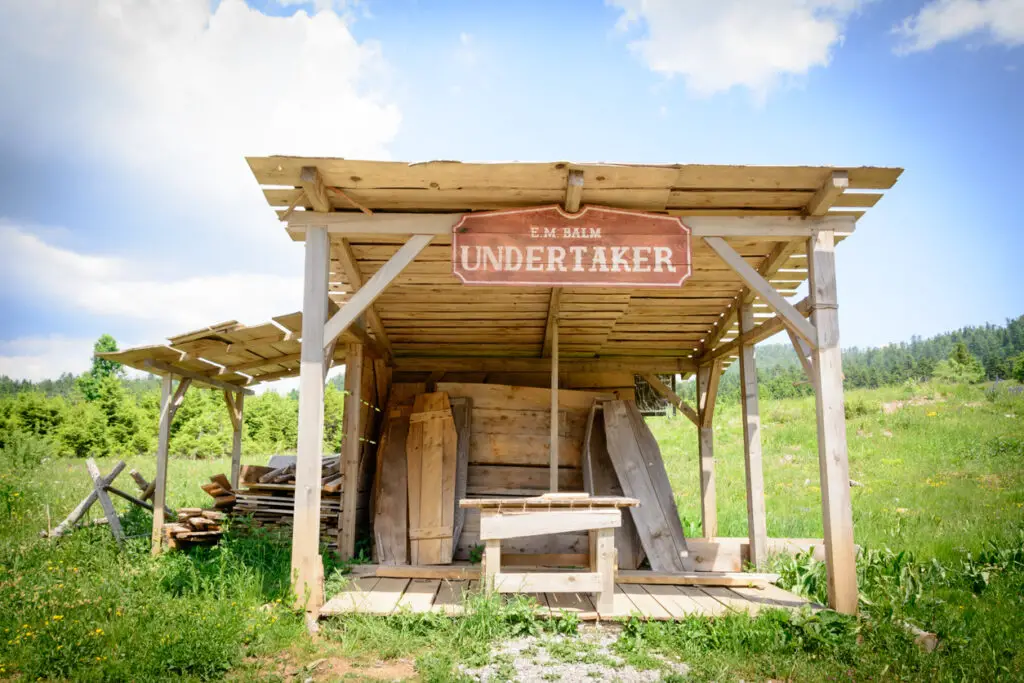
In a time when violence was a fact of life, undertakers were never short on work. Their job went beyond preparing bodies for burial—they were often carpenters too, building coffins and sometimes doubling as gravediggers. They also provided comfort to grieving families, making them both practical and emotional pillars of their communities. Undertakers had to be discreet, especially when dealing with outlaws or unclaimed bodies. Despite the grim nature of the work, it was steady and, in some cases, quite lucrative.
7. Chinese Laundry Worker
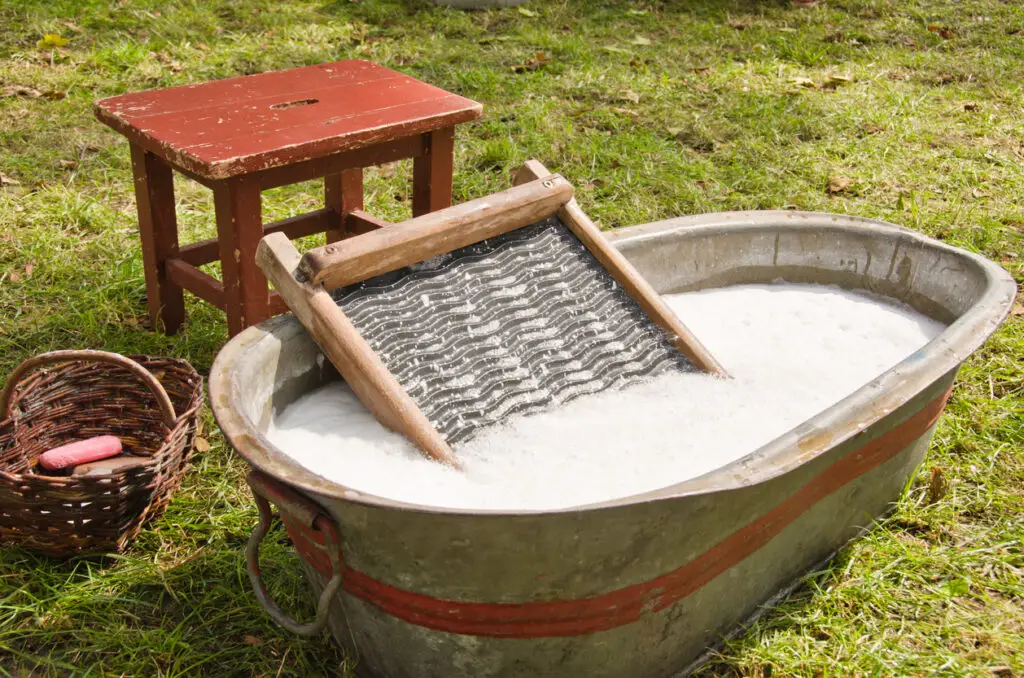
During the Gold Rush, many Chinese immigrants turned to laundry work because it required minimal startup costs and offered consistent demand. This job was labor-intensive, involving scrubbing, boiling, and ironing clothes in often primitive conditions. Despite facing significant racism, Chinese laundry workers became indispensable to Wild West towns. Their businesses were known for their efficiency, and many of these workers managed to save enough money to support families or open other ventures. They exemplified resilience and ingenuity in the face of adversity.
8. Water Witcher (Dowsing Rod Specialist)
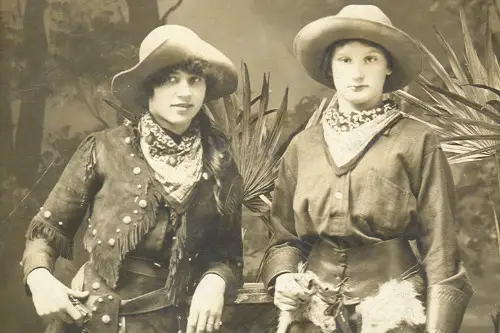
In arid regions of the Wild West, finding water was a literal lifesaver. Water witchers used Y-shaped rods or pendulums to locate underground water sources for wells. While the practice was more art than science, these individuals were highly sought after by desperate settlers and ranchers. If a witcher succeeded, they were hailed as heroes; if not, they quickly found themselves run out of town. Whether they truly had a knack or just got lucky, their skill was a lifeline for survival in an unforgiving landscape.
9. Barber-Surgeon
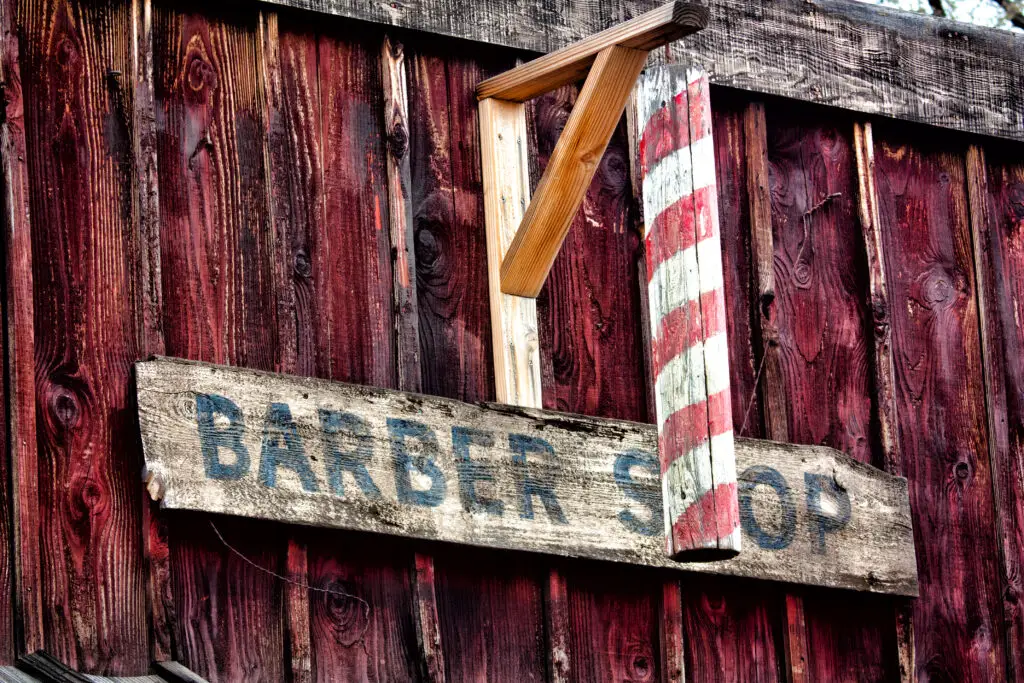
Barbers in the Wild West did much more than cut hair; they often doubled as surgeons, pulling teeth, setting broken bones, and even performing minor surgeries. Equipped with razors and basic tools, these jack-of-all-trades operated in a world with limited medical resources. Hygiene standards were, shall we say, questionable, but barber-surgeons were still a godsend in towns without a proper doctor. Their shops were hubs of community life, where people gathered to gossip, get a trim, or have a bullet extracted from their leg.
10. Dance Hall Girl
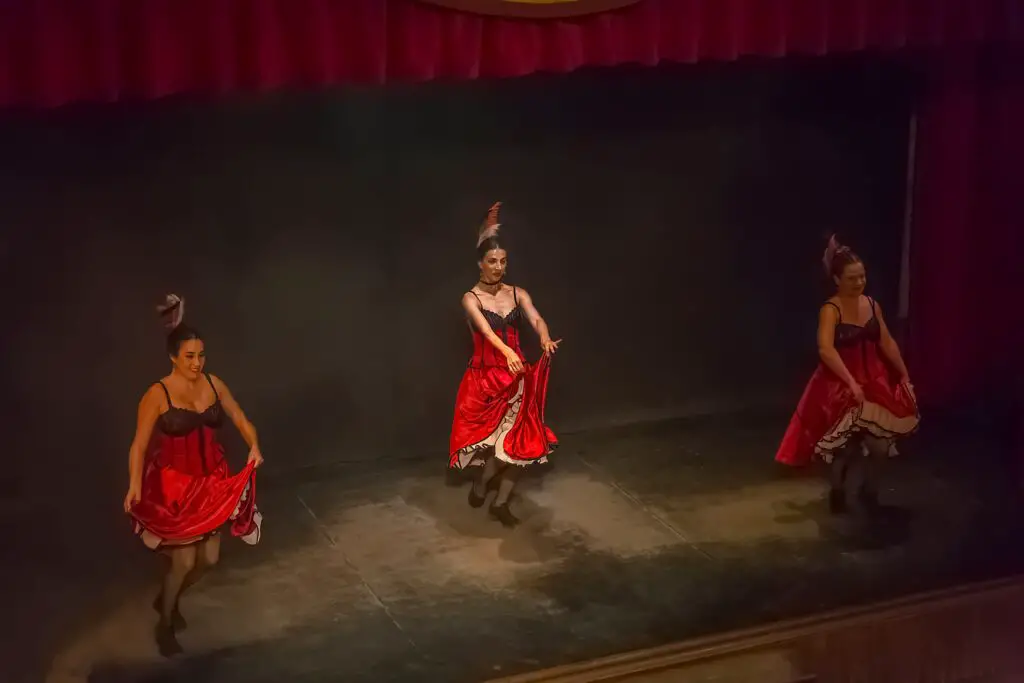
Not to be confused with saloon girls, dance hall girls were professional dance partners hired to keep the music and mood lively. They worked long hours, often dancing with multiple partners in one evening, all while maintaining a cheerful demeanor. These women had to be tough, as they dealt with unruly patrons and grueling schedules. For many, it was a way to gain financial independence in a time when options for women were limited. They brought a touch of glamour to otherwise rough-and-tumble towns.
11. Freighter
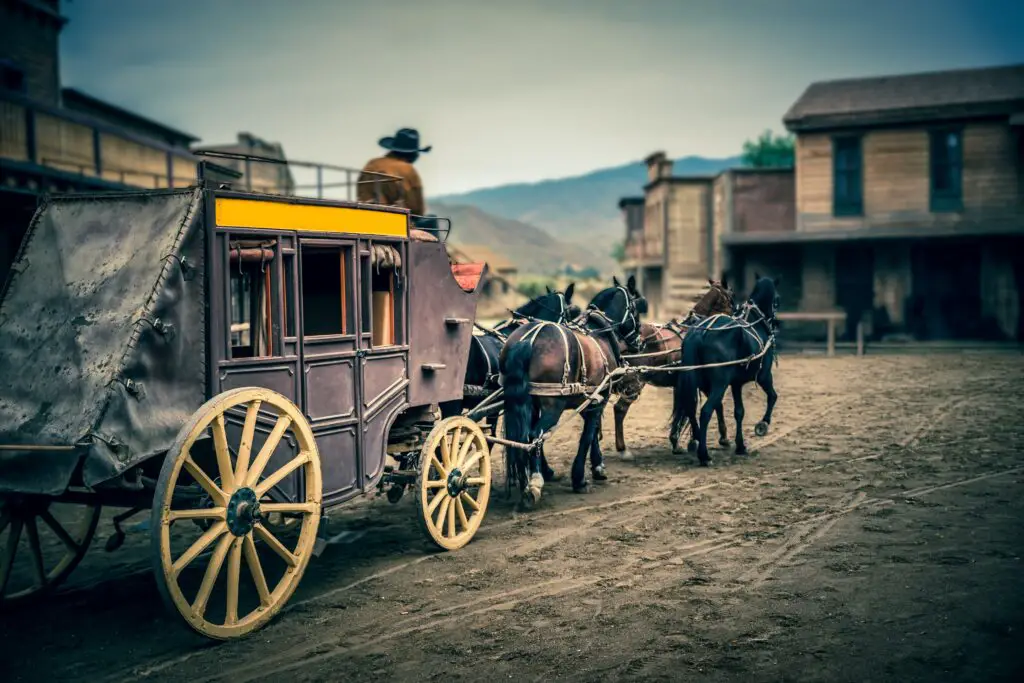
Freighters were the truck drivers of the Wild West, transporting goods across long distances in heavy wagons. This job required incredible endurance and skill, as they had to navigate rough terrain, fend off bandits, and care for their teams of oxen or horses. Freighters often spent weeks on the road, braving extreme weather and isolation. Their work was vital for keeping towns supplied with everything from food to building materials. It was a tough life, but for those with a sense of adventure, it was the ultimate frontier job.
12. Charcoal Burner
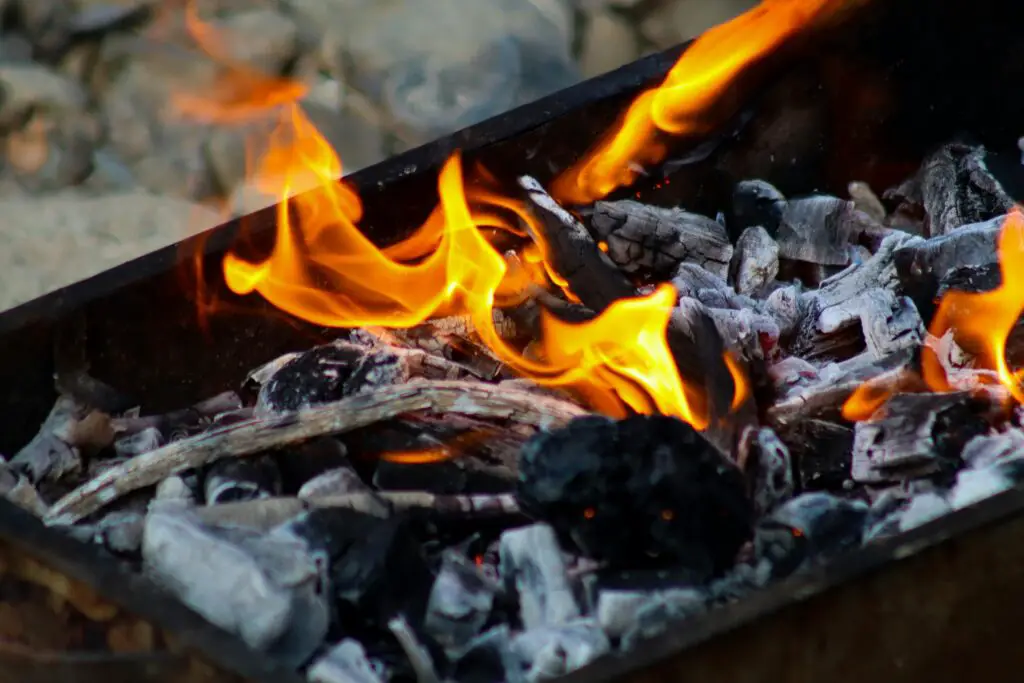
In towns lacking wood for fuel, charcoal burners stepped in to create a vital energy source. They built earthen mounds to slowly burn wood into charcoal, a process that took days and required constant supervision. The work was dirty, exhausting, and often dangerous due to the risk of fire outbreaks. However, charcoal was essential for blacksmiths, cooks, and households. These workers were the backbone of many communities, ensuring everyone had the fuel they needed to survive.
13. Fence Viewer
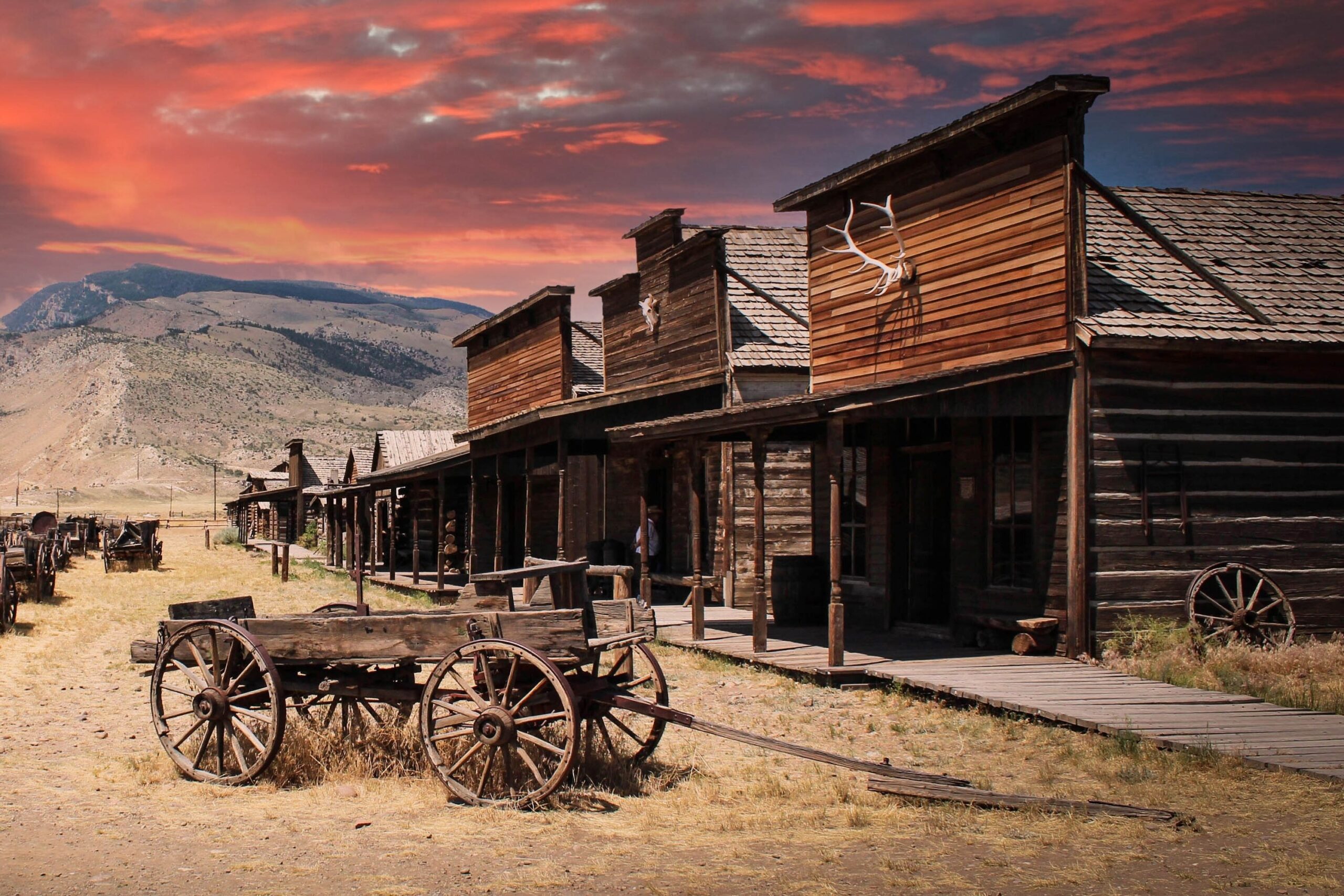
A fence viewer’s job was to settle disputes over property boundaries, a surprisingly common issue in Wild West towns. They’d inspect fences, resolve arguments, and ensure that livestock didn’t wander into neighboring lands. While the role might sound mundane, it was crucial for maintaining order in ranching communities. Fence viewers had to be fair, knowledgeable, and diplomatic, often acting as unofficial mediators. Their work helped prevent small disputes from escalating into full-blown feuds.
14. Town Photographer
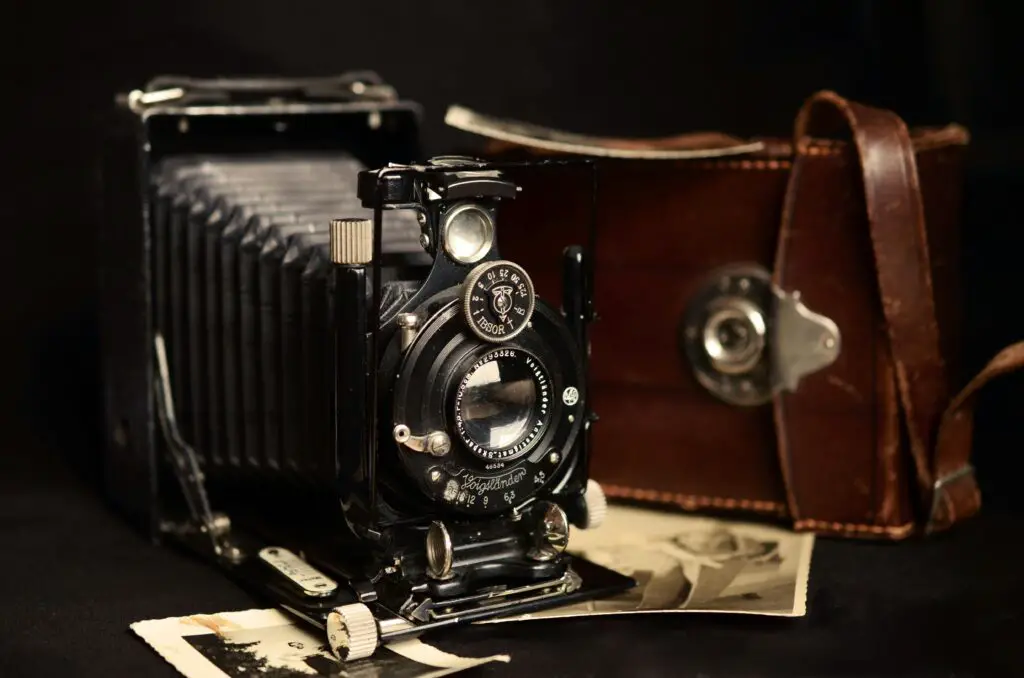
Photography in the Wild West was a booming business, with people eager to capture moments or send images to loved ones back East. Town photographers set up studios and traveled with bulky equipment to take portraits, document events, or even capture crime scenes. Their work often required artistic skill and technical expertise, as early cameras were finicky. Despite the challenges, they provided a valuable service, preserving a slice of life from an era long gone.
15. Vermin Bounty Hunter
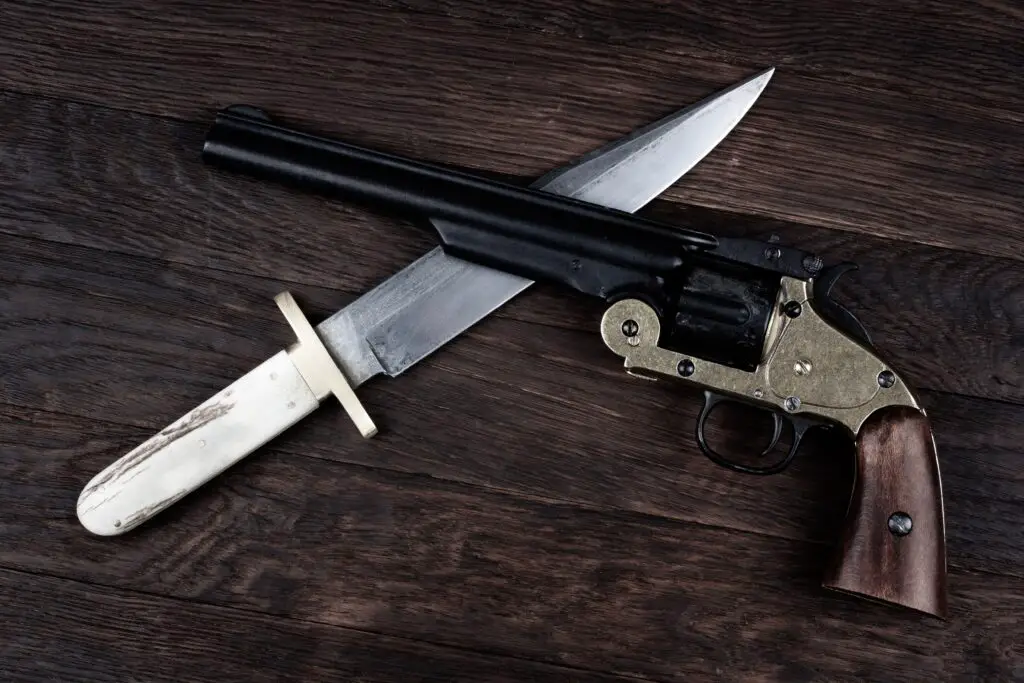
With rats, coyotes, and other pests causing havoc, vermin bounty hunters made a living by eradicating these nuisances. Towns often offered rewards for each animal killed, creating a competitive and sometimes lucrative trade. These hunters used traps, poisons, or firearms to do their work, which could be dangerous and unpleasant. They were unsung heroes, keeping food supplies safe and disease at bay. Though their work was gritty, it was essential for community health and survival.


